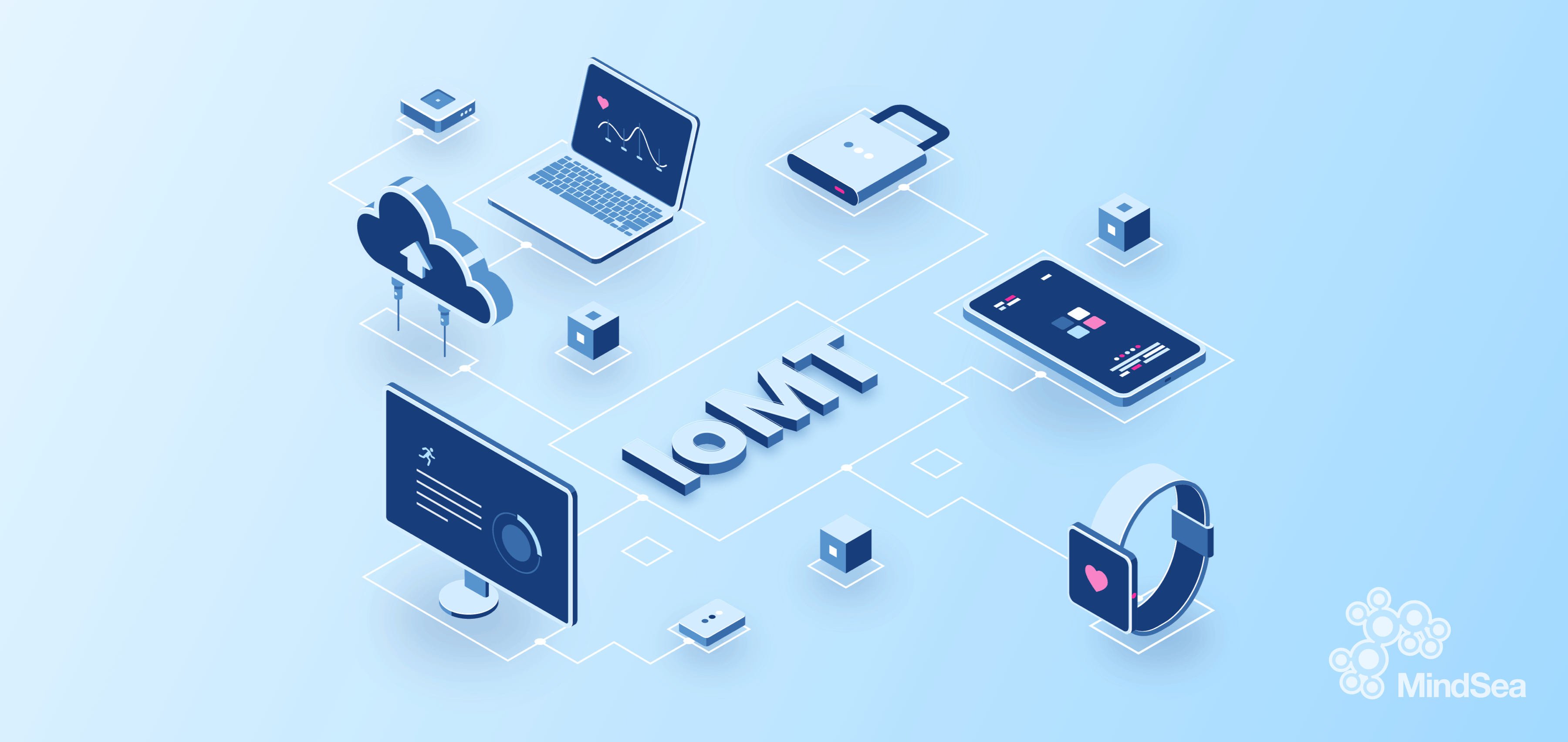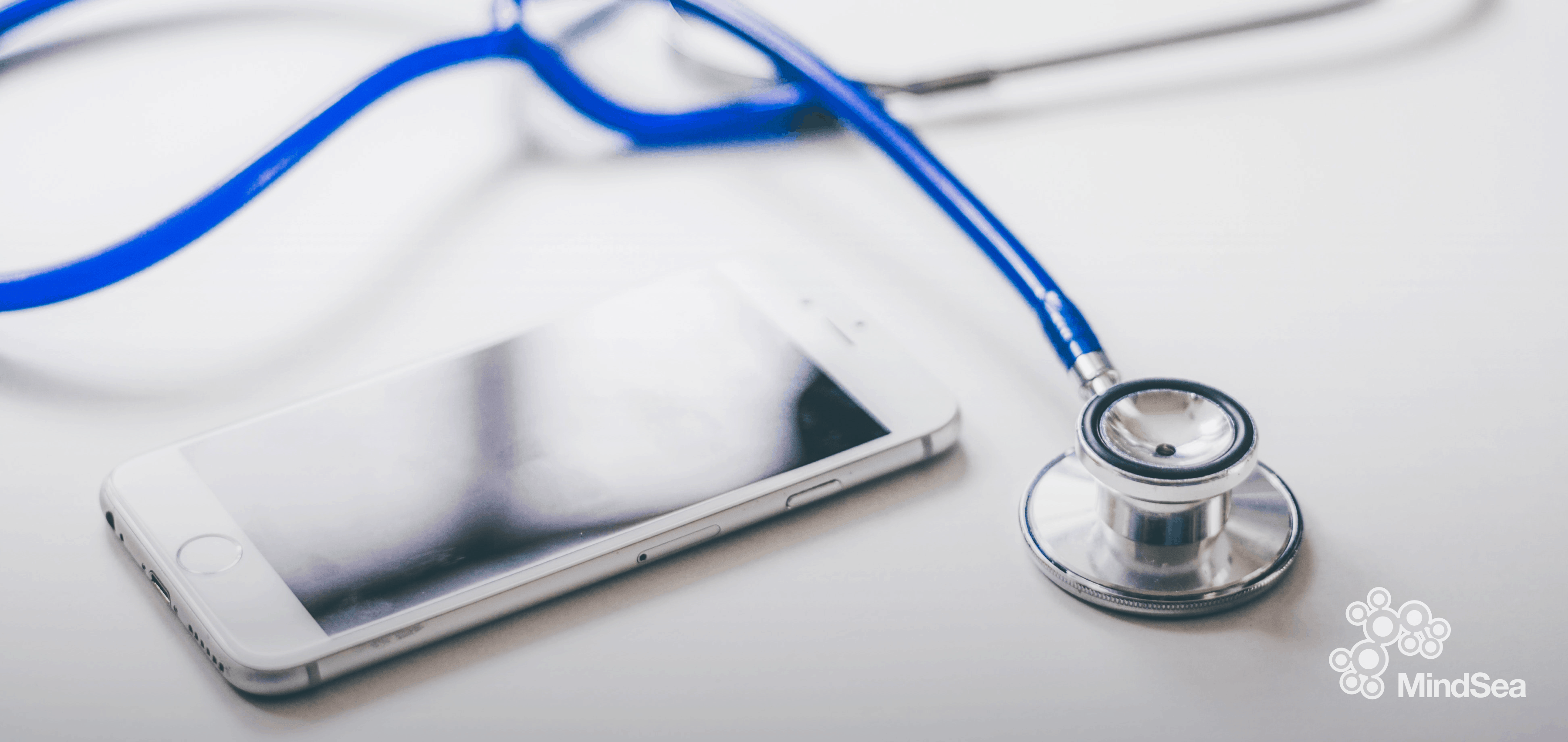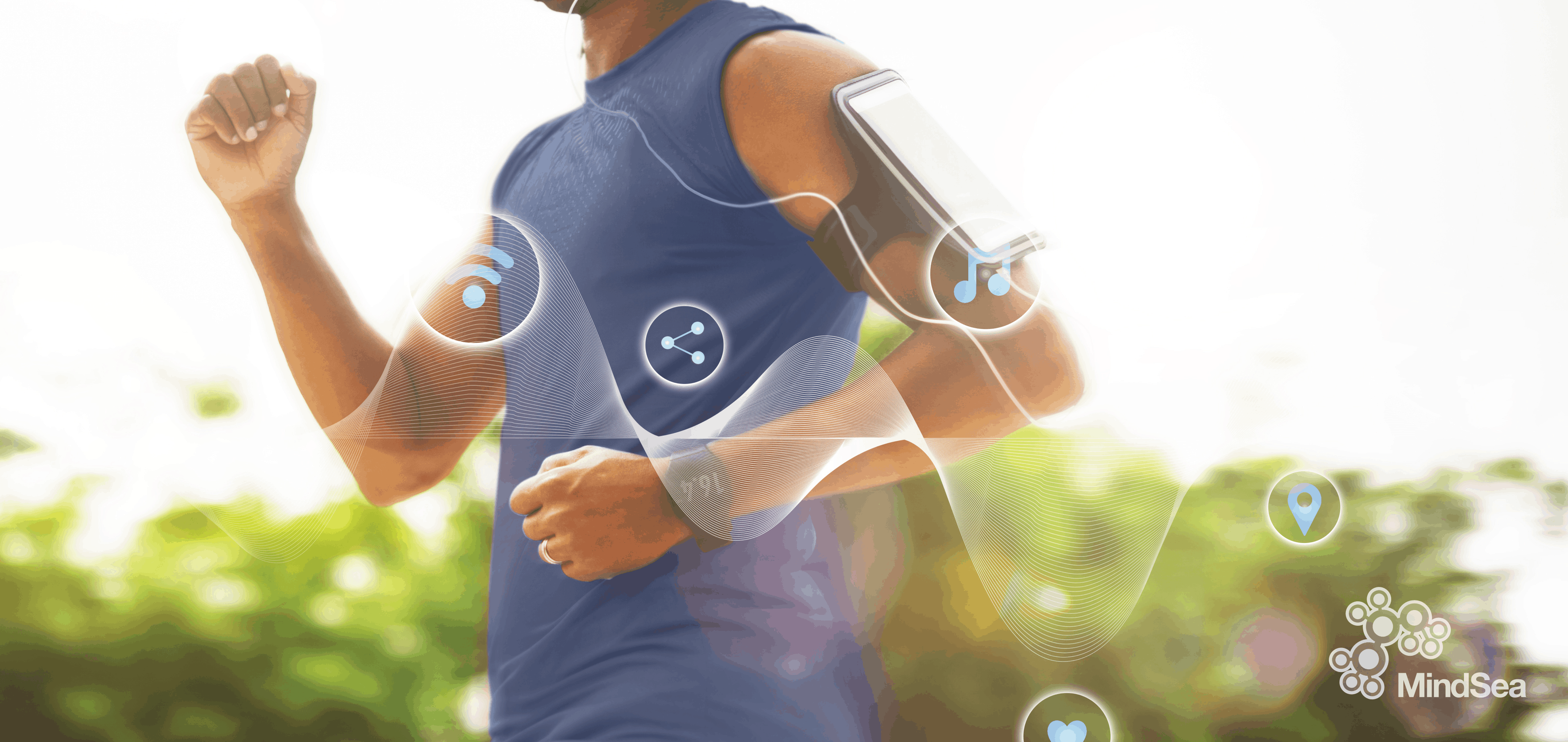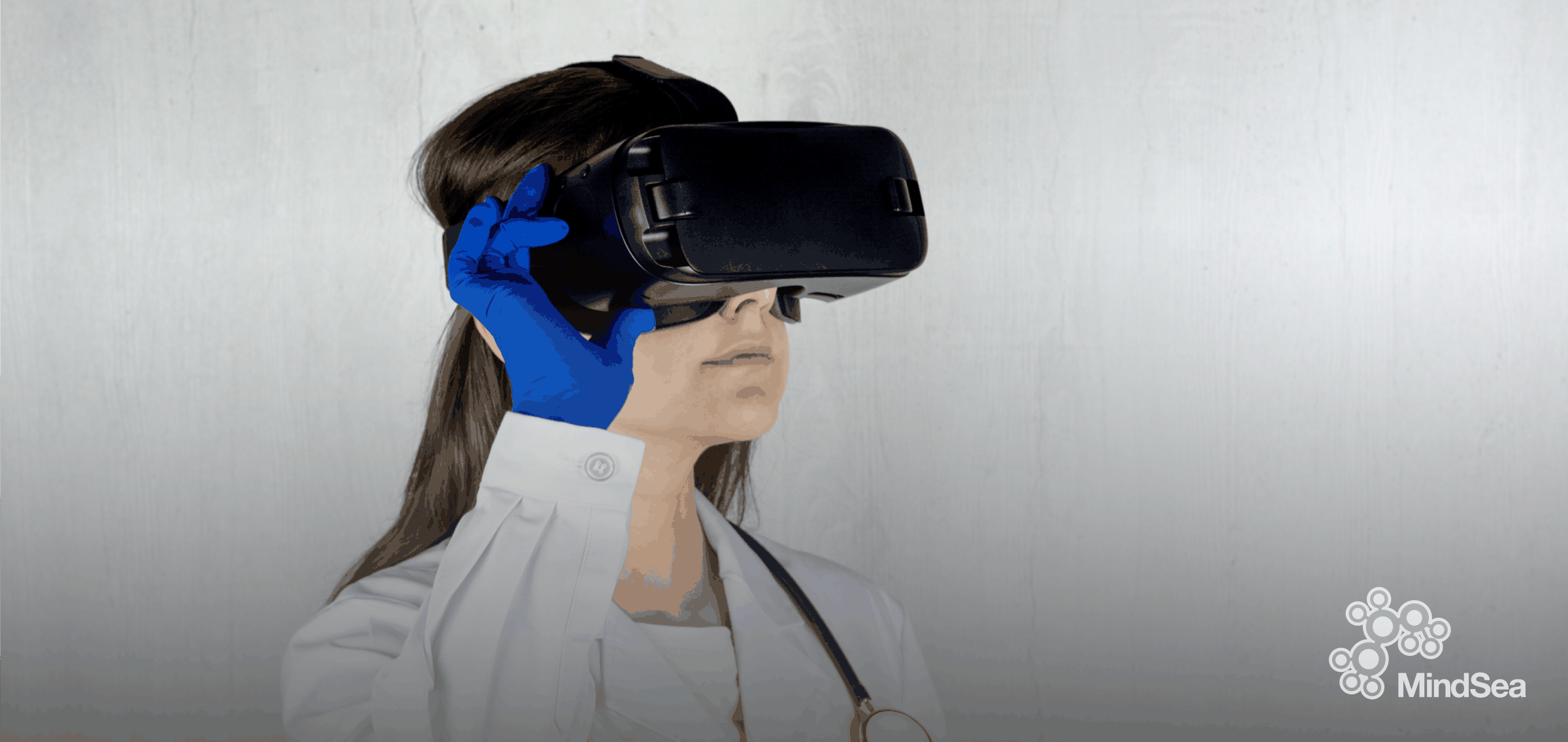MindSea Digital Health Blog
News and insights on mobile app development, design, and digital healthcare
-
How To Practice Participatory Design In Healthcare
On average, 11% of users uninstall apps because they are confusing and/or clunky. Creating an intuitive and effective user experience is sometimes more difficult than it seems. Every user is unique, meaning that expectations and needs may vary from person to person. It’s impossible for a single app owner to know all of the specifics… Read more
-
From the “Tap” to the Satellite: Connected Devices and Internet of Medical Things (IoMT)
The past several months have catalyzed the growth of mHealth. Standing out above the pack is mobile technology that relies on contact tracing and other connectivity features. In today’s world, being connected and keeping a distance both play important roles in healthcare. Thankfully, with the design and capabilities of smartphones growing more sophisticated by the… Read more
-
Physician Burnout: What It Is & How Mobile Apps Can Help
According to The Physicians Foundation, 22% of healthcare providers know a physician who has committed suicide. This brings to light a serious problem. The survey also showed that 58% of physicians reported feeling burnout at some point in 2020; a staggering increase from 40% in 2018. Burnout for physicians results in increased fatigue, depression, addiction,… Read more
-
6 Business Lessons From The Top Mental Health Apps
The popularity of health and wellness apps has been on the rise over the past few years, and that trend has only increased since the onset of the pandemic. The United States, in particular, has seen constant growth, totaling 30%, in hours spent on health apps since the start of 2020. Source With social distancing,… Read more
-
Smartphone Sensors for Health and Wellness Mobile Apps: An Explainer
Some of our favourite apps would not be on the market without the support of the various intricate sensors that are found in smartphone devices. Sensors help save battery life, detect phone rotation and help keep your phone secure with features like thumb and face ID. Regardless of your background, you may have some thoughts… Read more
-
How Gamification Is Changing mHealth Apps for the Better
In 2012, when gamification was on its early rise, 53% of technology stakeholders projected that, by 2020, gamification would be implemented into everyday technology – including mHealth apps. And here we are! In mHealth apps, the ultimate goal is to improve the health of the users, and gamification is proving to be an effective tool… Read more
-
What Is Protected Health Information (PHI)?
Building a mobile health app is a complex process. Health-related data is more personal and sensitive than the information used in other mobile apps. It is for this very reason that it is necessary for those handling it to ensure it is well-protected. Protected health information, known commonly as PHI, is an industry term used… Read more
-
Digital Healthcare Trends, Research, and More (2021)
Arriving to 2021, we’ve seen some of the most rapid and innovative technological advances in recent memory. The global pandemic has forced many industries to evolve and adapt or risk becoming obsolete, not least among which is the healthcare industry. Digital healthcare is not new—but stay at home orders and social distancing measures have made… Read more
-
How Health & Wellness Companies Are Scaling Up With Mobile Health Apps
The pandemic has shifted traditional in-person healthcare towards virtual concepts. It has cleared the way for a new movement of healthcare technologies used by patients. A push for out-of-office options is more relevant than ever. Self-monitoring, self-management, and self-care are necessary skills for the next generation of patients. Mobile health (mHealth) apps can provide a… Read more
-
Health Data Management: What It Is, Why You Need It & How To Do It
The healthcare industry is trying to efficiently deliver the best possible care by engaging patients in other ways than just traditional in-person consultations. In the U.S., for example, over half of the surveyed patients have an electronic health record (EHR), with 44% having access to it. Providers must continue to be transparent and give patients… Read more









